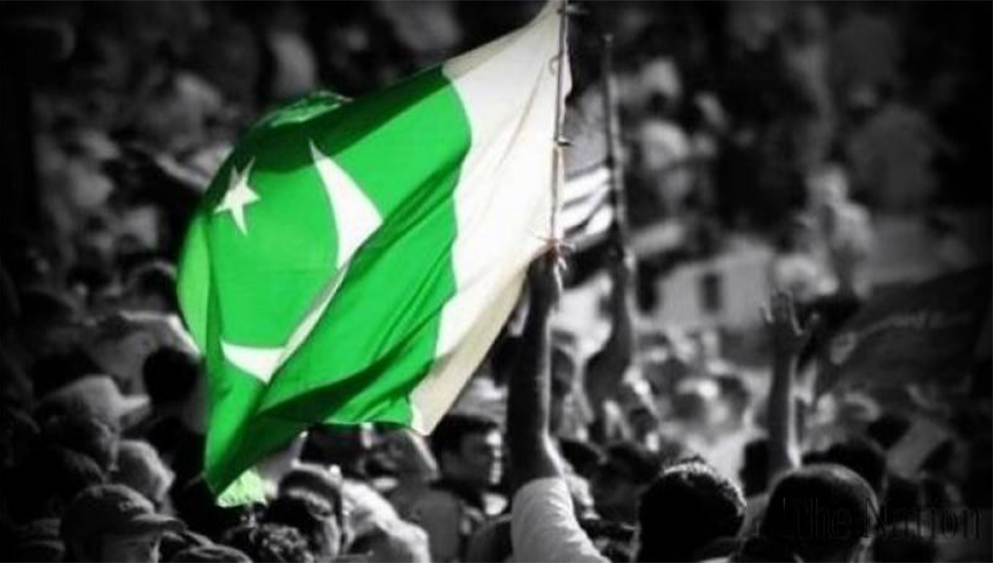Marking Pakistan’s third civilian democratic transition of power, the 2018 elections saw the Pakistan Tehrik-e-Insaaf (PTI) dismantle the decades-long political duopoly of the Pakistan Muslim League-Nawaz (PML-N) and the Pakistan Peoples Party (PPP). The PTI bagged its stronghold of Khyber Pakhtunkhwa (KP), the majorly impoverished region of South Punjab, and the bustling metropolis Karachi. It was able to win in Baluchistan whilst leaving PML-N hanging onto an electoral majority in the politically vital province of Punjab. Under the current circumstances, PTI appears well placed to form a government in Baluchistan, Khyber Pakhtunkhwa, Punjab as well as the Centre.
The results demonstrated the public en masse breathing fresh air into Pakistan’s new leadership. Building upon its administrative success in KP, where it introduced laudable police reforms, health insurance cards and stronger accountability measures, PTI was able to win 115 Assembly seats out of a total 272. With its legacy of active youth mobilization, the party enjoyed strong electoral support amongst the younger segment of the populous. It also benefited from its strong stance against corruption while campaigning for accountability across the board to include all powerful segments of the ruling elite.
The ubiquitous spirit of renewed optimism and change was encapsulated by Imran Khan’s victory speech. Drawing upon relevant pressing issues of accountability, foreign policy, economy and social justice, the speech provided an ideal template for the future prime minister to implement upon. A further cause for hope is the incoming cabinet which seems highly competent and experienced.
Notwithstanding the contentions and allegations, Pakistan’s elections were momentous in their own right. Most encouragingly, the elections signaled the potential end of ethnic politics in Pakistan. In the past, voting patterns have largely been determined along ethnic lines with PPP winning throughout rural Sindh, MQM sweeping Karachi and PML-N taking Punjab. The recent elections however, demonstrated a shift among traditional voting loyalties. While, the PTI lacks a traditional ethnic core base, Pakistanis from all over the country voted for the party based on its anti-corruption stance. Sick with persistent corruption, poor services and inefficiency, Pakistanis stood against the status-quo to choose a politics of reform. The PTI was even able to break MQM’s incredible stronghold in Karachi by winning 14 out 21 seats.
Furthermore, many of Pakistani politics heavyweights suffered major defeats. Maulana Fazal-ur-Rehman and Siraj-ul-Haq, the leaders of Mutahhida Majlis Amal failed to win a single seat from their respective hometowns. Similarly, former Interior Minister, Chaudhary Nisar failed to win his seat from Rawalpindi for the first time since 1985. Mustafa Kemal, Yousuf Raza Gillani, Shahid Khaqan Abbasi and Abid Sher Ali were other seasoned politicians who the people decided to do against. Hopefully, these setbacks will start ringing alarm bells for other politicians who have relied far too long on ethnicity and patronage for votes rather than performance. Interestingly, most far-right religious parties too were cast aside by the public at large. MMA, Ahle Sunnat Wal Jammat and Milli Muslim League fared poorly on the provincial and national levels. However, an ultra-conservative religious party, Tehreek-e-Labbaik Pakistan (TLP), was able to win 2.1 million votes which has raised some concerns.
Indeed the incoming government must deal with a plethora of challenges: a colossal debt, rapidly dwindling foreign exchange reserves, decreasing exports and a worsening water crisis. The ruling party’s resolve, ability and strategy maybe frequently challenged however, the burden of expectations will keep the incoming leadership on its toes for its entire tenure. However, Pakistan has emerged more optimistic and resilient than ever for the future with fresh faces and ideas entering the policy making fray. There is widespread consensus that the country needs to change its course significantly and immediately to flourish and prosper.
